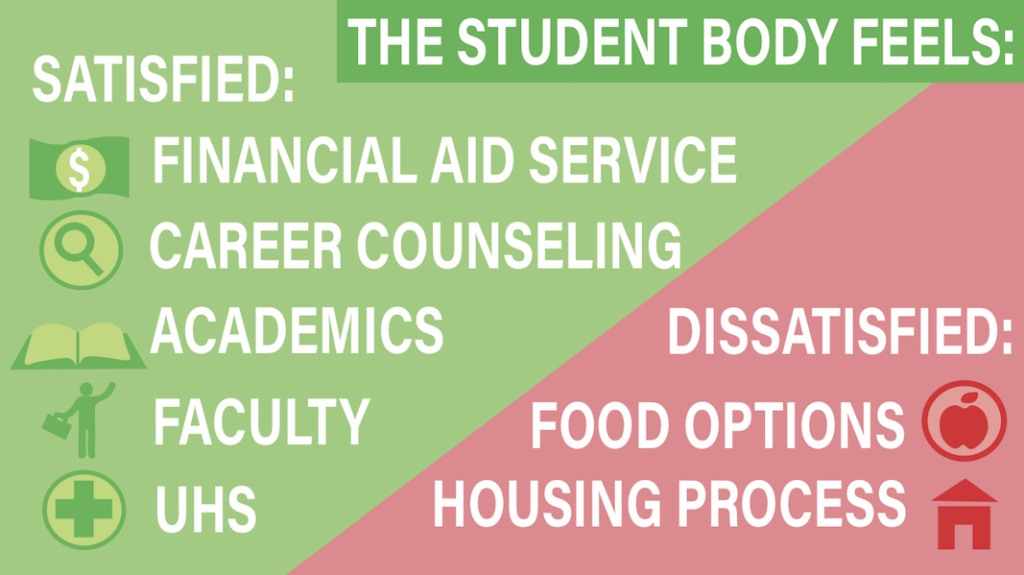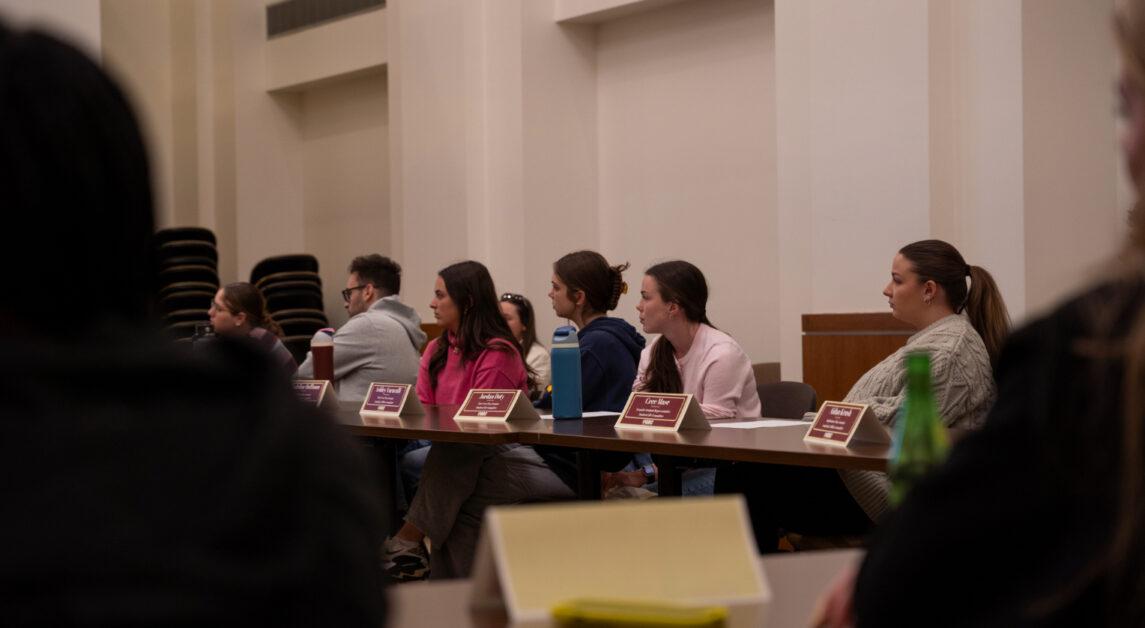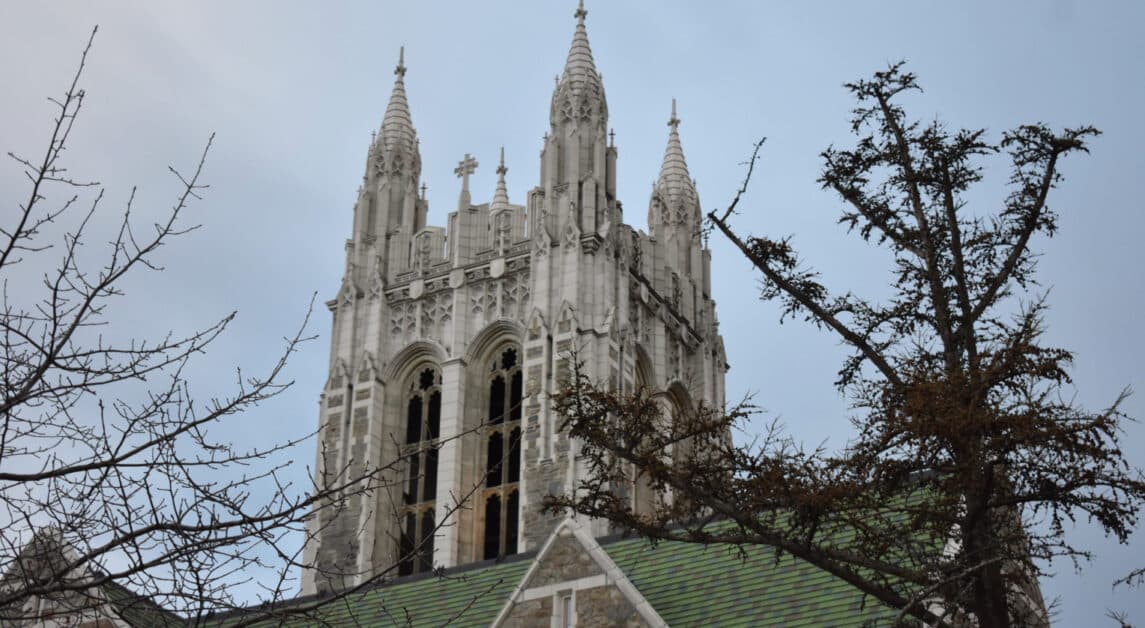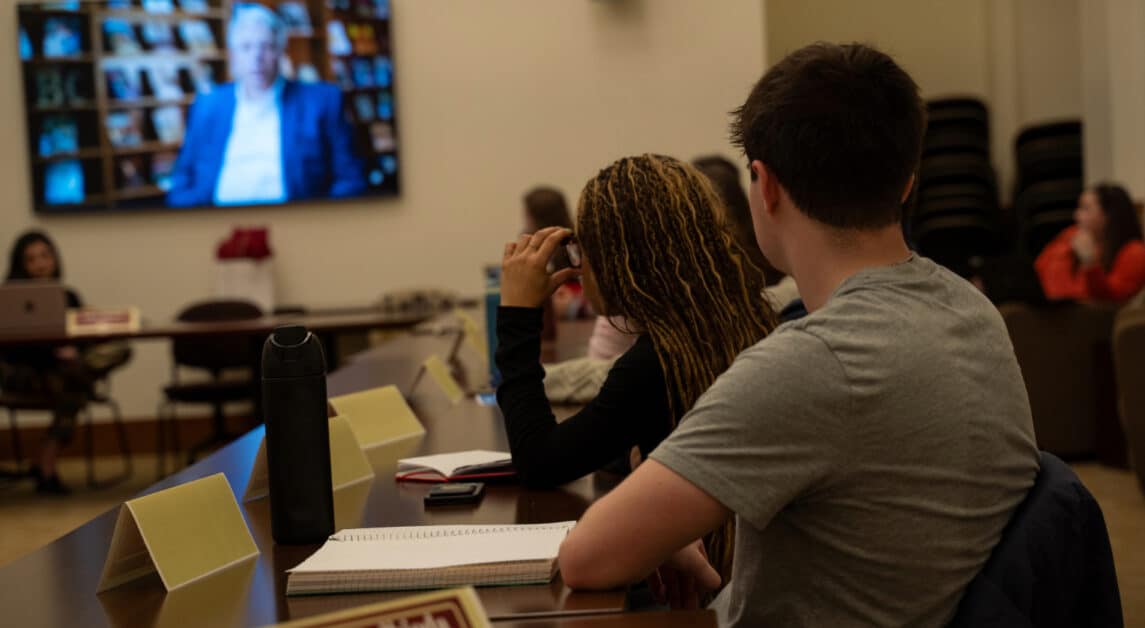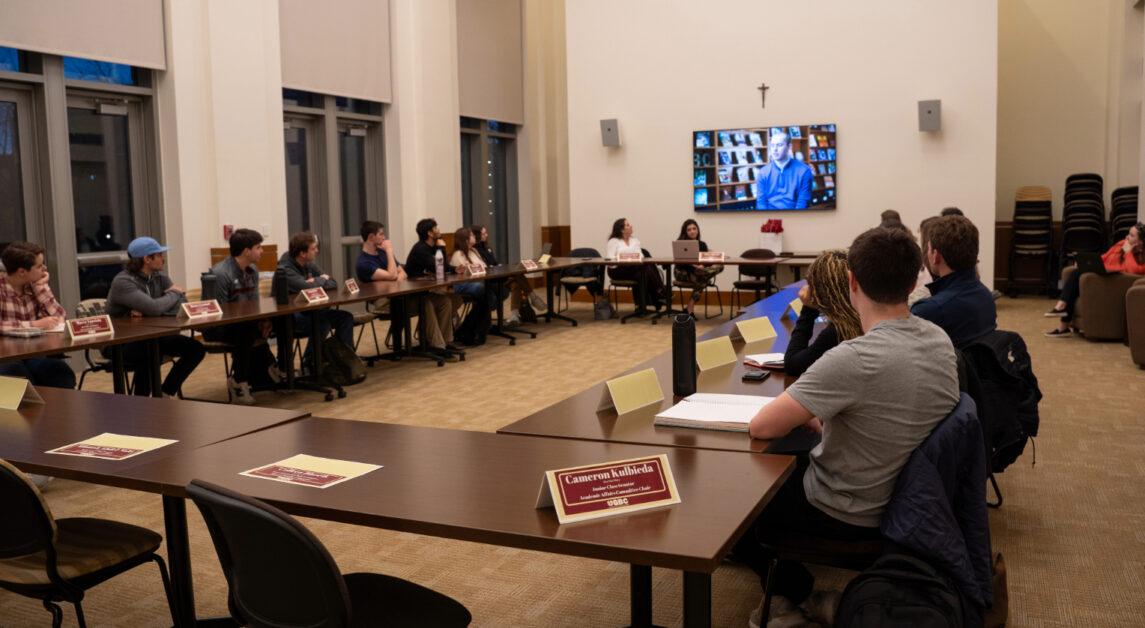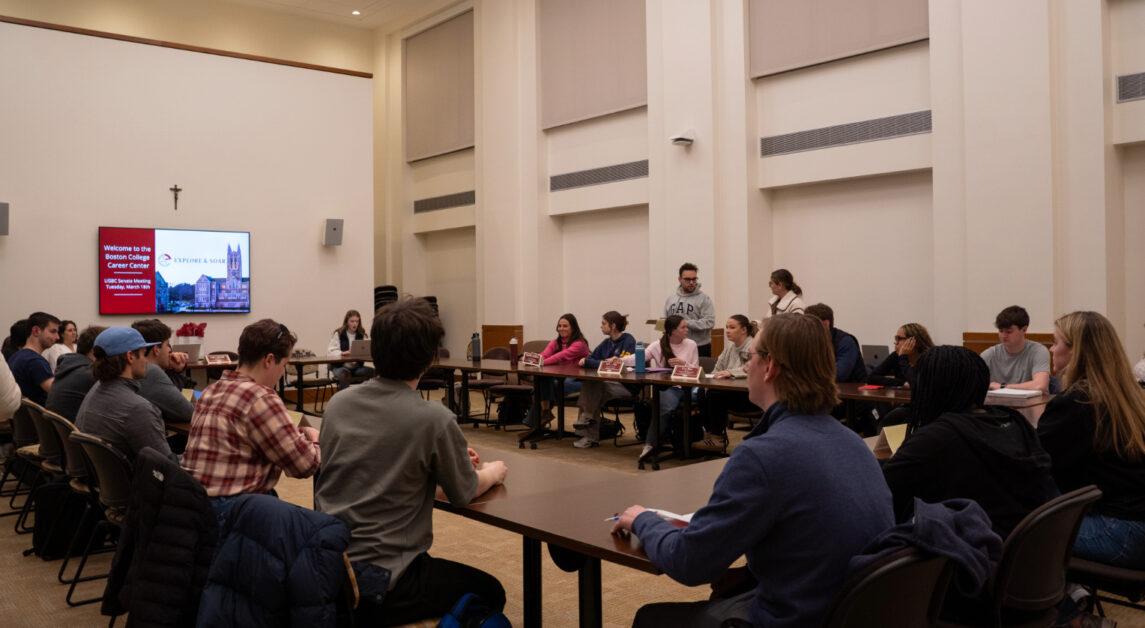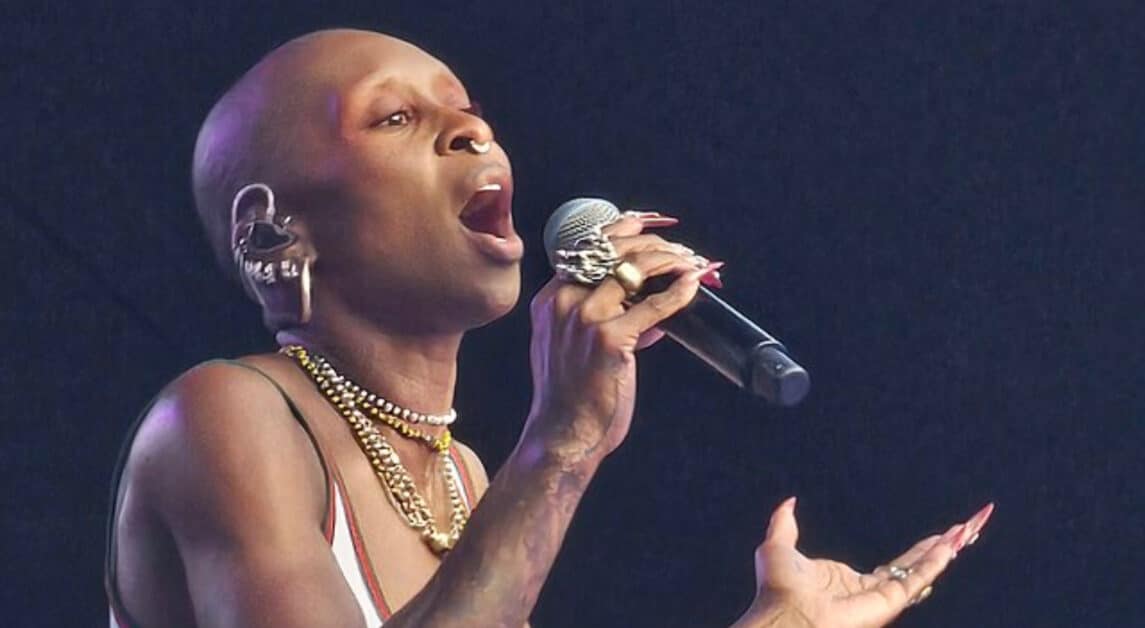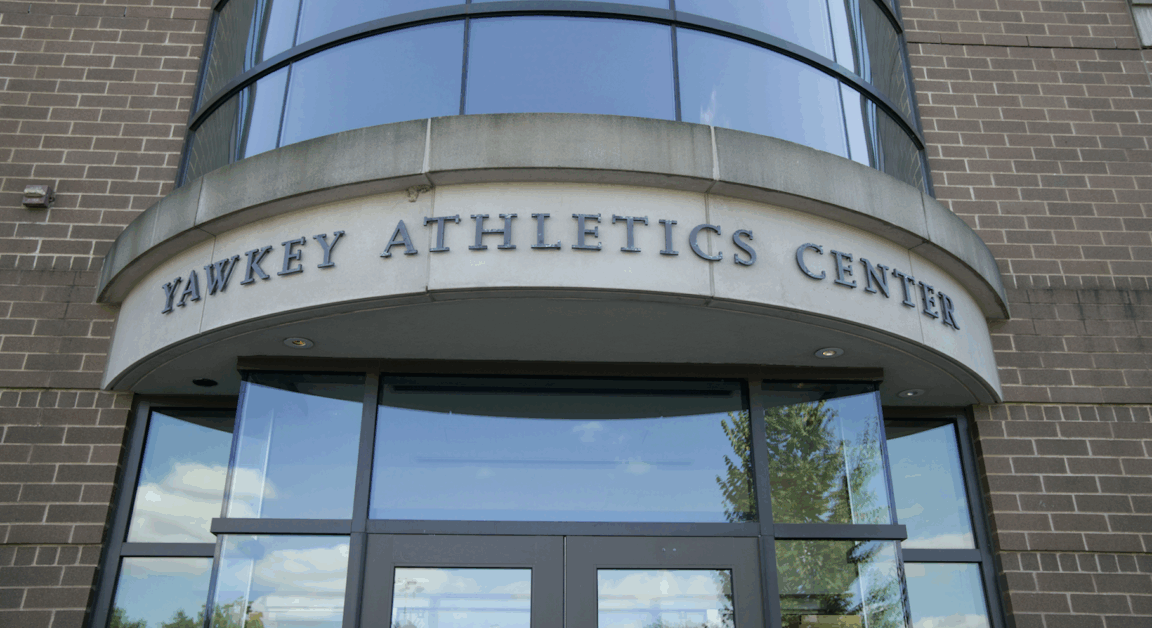The flagship findings from Boston College’s first-ever Student Experience Survey have been released by the Office of Institutional Research, Planning, and Assessment. The survey was representative of the student population, according to Kelli Armstrong, vice president of planning and assessment, and the 2,417 BC students who responded are also representative of the demographics that make up the student body.
Students generally were positive about their experiences at the University: 86 percent of students would recommend BC to others, 75 percent would choose to go to BC again, and nearly 90 percent said they are generally satisfied with the quality of teaching, according to the release.
Three demographics generally responded more negatively to questions relating to whether they were treated fairly by others on campus and felt a strong sense of belonging. While 90 percent of the entire student population said they were treated fairly and 82 percent said they felt a sense of belonging, students with “high financial need” and students identifying as either black or African American “rated the campus environment as less welcoming than the overall student population.” About half of those respondents felt they had bore the brunt of unfair treatment—factors cited include sexual orientation, race or ethnicity, gender, socioeconomic status, country of origin, disability, or religion.
Armstrong noted that LGBTQ+ respondents were a third demographic that’s answers diverged from the generally positive reactions from most respondents—some LGBTQ+ respondents also didn’t feel a sense of belonging or did not feel as if they were treated fairly on campus.
The offices of Student Affairs, University Mission and Ministry, and the Provost sponsored the survey, according to a University release. Of the entire student body, 26 percent participated in the University-wide effort. A little over 16 percent of respondents—400 students—cited academic elements of the BC experience as what they valued most about their time in Chestnut HIll.
Though marginalized populations took issue with how they’re treated on campus, 95 percent of respondents agreed or strongly agreed that diversity is important to them, according to the release. Sixty-two percent of respondents said that the BC community is open to discussions about “issues of difference.” The release did note, however, that respondents who identified as black or African American “were less likely to agree with these findings.”
“The results of this survey reveal a positive experience for the majority of BC undergraduates, with students expressing overwhelming satisfaction with the quality of teaching and their ability to develop a stronger sense of purpose through reflection opportunities and engagement in retreats and community service,” Armstrong said in the release. “Most students also report a strong sense of belonging, and would recommend Boston College to others, which are both strong indicators of a positive overall experience.”
“However, the survey also provides indications of areas where BC can improve the student experience for particular populations, with AHANA, LGBTQ, or high financial need students generally responding less favorably, especially around issues of inclusivity and a sense of belonging.”
In addition to issues of inclusivity, respondents expressed discontent with the housing process and food options, according to the release. On the other hand, respondents disclosed their satisfaction with career services, health services, counseling services, and financial aid services. Armstrong noted that career services and academic advising received poor responses in past surveys that did not canvas the entire campus, but she said she believed the results of the Student Experience Survey show major improvements in those two offices.
The release mentioned that, though the majority of respondents said they had meaningful discussions at BC with other students hailing from different socioeconomic statuses, races or ethnicities, or religious backgrounds, respondents also asked for more inclusive programming and spaces on campus, in addition to the University encouraging further opportunities to interact with people from different backgrounds.
More than 75 percent of students said they developed a stronger sense of purpose at BC, with 79 percent saying they developed a better understanding of the distinctiveness of a Jesuit education, according to the release.
In a follow-up interview with The Heights, Armstrong said that she was happy with the response rate—but she hopes more and more students will participate in future surveys in the years to come—the rate of participation in the Student Experience Survey was similar to that of other surveys her office issues to various student and faculty populations.
She also noted that she was very happy with senior administrators’ response to the survey, citing the consistent support University President William P. Leahy, S.J., has given her office, always listening to the data she gathered and the indicators her research found over the 15 years Armstrong has been at BC.
She credited the committee responsible for putting the survey together, which included students, administrators, and faculty, for committing to gathering data that encapsulated such a wide range of the different types of experiences inherent to spending four years at BC.
“I think it was [Father Leahy’s] thought, and senior administrators’, including the committee, that we when we put a survey out we wanted to measure the full BC experience, not just a slice of it,” Armstrong said. “So not just your satisfaction with services, or how you felt about a particular aspect of the climate: What is the whole base experience like, including areas around discrimination and harassment, which are important things to uncover.”
Armstrong said her primary priority was ensuring that the survey reflected student voices as precisely as possible, because the survey can now inform administrator conversations with individual students, as well as focus groups. By successfully executing a survey, it gives administrators a chance to dive in more depth regarding major student issues moving forward.
“I know that we want to focus on our LGBTQ students and really understand more about their responses, talk more deeply with our black students, and with our high financial need students,” Armstrong said.
Compared to national student surveys, Armstrong said she believed BC’s results look “great,” although she cautioned that BC’s homegrown survey is not the same as the national surveys available.
She noted that it’s clear from the survey that the University needs to concentrate on increasing sensitivity toward its Montserrat population, black population, and LGBTQ+ population. Establishing a statistical basis for such action was one of the reasons Armstrong said she was thankful that the student body embraced participating in the survey.
Going forward, the administration will engage in conversations with student groups, the Undergraduate Government of BC, and focus groups, in order to fashion further response to the issues flagged in the Student Experience Survey. While Armstrong is departing the University to become president of Salve Regina University, she said that her office would continue to give presentations in the fall semester related to the findings in this survey.
An executive summary of the findings will be available online Thursday. Further disclosures will take place this fall as Armstrong’s office continues to parse the data, including comments that relate directly to questions contained in the survey.
This article will be updated.
Featured Image by Allyson Mozeliak / Heights Editor

